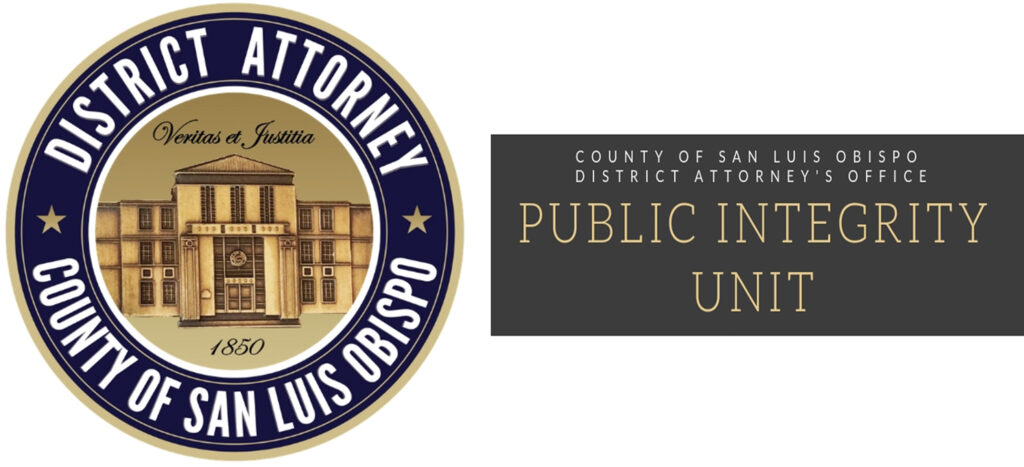District Attorney orders San Simeon to correct Brown Act violation
April 19, 2020

By KAREN VELIE
The San Luis Obispo County District Attorney’s office recently ordered the San Simeon Community Services District to correct a Brown Act violation, or face litigation. On March 20, the district board held a special meeting without allowing the public to attend and participate virtually or in person.
The Ralph M. Brown Act guarantees the public’s right to attend and participate in meetings of local legislative bodies whose actions are to be conducted openly.
In the letter, Deputy District Attorney Kenneth Jorgensen informs the district that actions taken during the March 20 meeting are void, and orders the district to cure and correct those actions.
“Specifically, the Board of Directors failed to hold an “open and public” meeting as required by Government Code Section 54953,” Jorgensen wrote.
In addition, Jorgensen asks the district to e-mail future agenda packets to him, and recommends directors and staff “schedule a Brown Act training in the near future.”
As a result of the coronavirus, government agencies in California are not permitting the public to attend meetings in person, and are instead holding virtual meetings. Even so, the agencies are still required to allow the public to watch and participate.
Prior to the March 20 meeting, the district posted a notice inviting members of the public to join through a hyperlink or a dial-in conference number. However, neither the Zoom hyperlink nor the dial-in teleconference number worked.
During the meeting, several directors and staff acknowledged the public was unable to participate, but continued on and voted to implement a resolution giving the general manager increased authority, and providing temporary relief to residents unable to pay their sewer and water bills, according to the agenda.
“One staff member stated no one from the public contacted her about the issue, implying no one wanted to attend,” Jorgensen wrote in his letter. “The error was not incidental. The recording of the meeting indicates at least some knew of the issue before the meeting started. Yet the staff failed to take steps to correct the error before the start. All in attendance were aware that the metaphorical doorway into the virtual meeting was locked and sealed.”
The district board plans to discuss Jorgensen’s order at a special meeting scheduled for April 22, in which the public is invited to attend via Zoom.
The Ralph M. Brown Act was passed in 1953 because of mounting concerns that government bodies were avoiding scrutiny by meeting secretly. The act, which has been amended and strengthened in the years since, guarantees the public the right to attend and participate in meetings of legislative bodies, to have forewarning of discussion items through posted agendas, and forbids a majority of board members from discussing government issues in private.






The comments below represent the opinion of the writer and do not represent the views or policies of CalCoastNews.com. Please address the Policies, events and arguments, not the person. Constructive debate is good; mockery, taunting, and name calling is not. Comment Guidelines